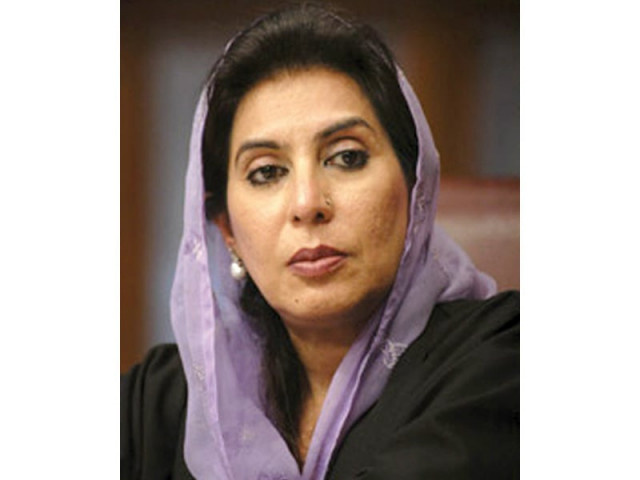Saving lives: Doctors debunk myths on Organ Donation Day
The absence of relevant laws led to Pakistan being the ‘organ bazaar’.

Saving lives: Doctors debunk myths on Organ Donation Day
The cause for organ donation surely got a welcome boost as National Assembly Speaker Dr Fehmida Mirza signed an organ donation pledge at a symposium organised by the Transplantation Society of Pakistan (TCP) at the Sindh Institute of Urology and Transplantation on Saturday.
Mirza was joined by Sindh Assembly Deputy Speaker Shehla Raza and MPA Shama Mithani.
“I will also urge my family to come forward, because there can be no better service in the world than saving a human life,” said Mirza.
Also in attendance at the seminar were family members of those who have already helped out their fellow human beings. Naveed, a Karachi University student who died in an accident in 1998, became the country’s first deceased donor after donating his eyes and kidneys. Another student, Shamim, donated her organs in 2005, followed by Dr Razzaq Memon in 2007, and Imran Shah in 2010. Arsalan, 16, who died in a road accident in 2011, became the first liver donor in Pakistan.
Mirza, who was the chief guest at the event, acknowledged that the country became a hot spot for illegal organ trading as lawful donations by people were not encouraged. The speaker also announced the establishment of a kidney centre in Badin, and asked SIUT director Dr Adibul Hasan Rizvi to include it in his outreach programme.
Dr Rizvi revealed that more than 50,000 people die of end-stage organ failure every year in the country, and that number is increasing at the rate of 5%. “When you or your loved ones die, you can either bury them or give them immortality by donating their organs to save other people’s lives,” he said.
Dr Rizvi said that the country had no law to regulate transplants in 1998, when Naveed became the first deceased donor in the country. “We took two of his kidneys and transplanted them into two patients. No one asked us about it and we did not answer anyone.” The Transplantation of Human Organs and Tissues Act was signed into law by the president in 2010, and prohibited trading of organs for monetary purposes to any Pakistani citizen or foreigner alike, and permitted transplantation of organs from deceased people.
While talking about religion-based objections to transplantation, Rizvi said that the procedure is performed in Saudi Arabia, Iraq, Malaysia, Turkey, Jordan, Egypt and Turkey.
Dr Junaid Ashraf, head of department of neurosurgery at Civil Hospital, Karachi, said that doctors have two options when they put a patient, with untreatable injuries, on a ventilator and observe signs of brain death. They can either remove the patient from the ventilator and let nature take its course or they can use it as an opportunity to retrieve organs, only after the patient’s family has agreed. A series of tests are then carried out to conclusively determine if the person’s brain is dead or not.
Dr Saadia Ashraf said that organ donation is an option, not an obligation, and that hospitals need to have proper critical care units for retrieval of organs.
Dr Mirza Naqi Zafar, TCP general secretary, mentioned important organs like kidneys, heart, lungs, liver, pancreas, eyes and intestines that could be transplanted.
Dr Bux Ali, an associate professor at SIUT, said that the country currently has facilities for transplanting eyes, livers and kidneys.
Published in The Express Tribune, April 9th, 2012.



















COMMENTS
Comments are moderated and generally will be posted if they are on-topic and not abusive.
For more information, please see our Comments FAQ